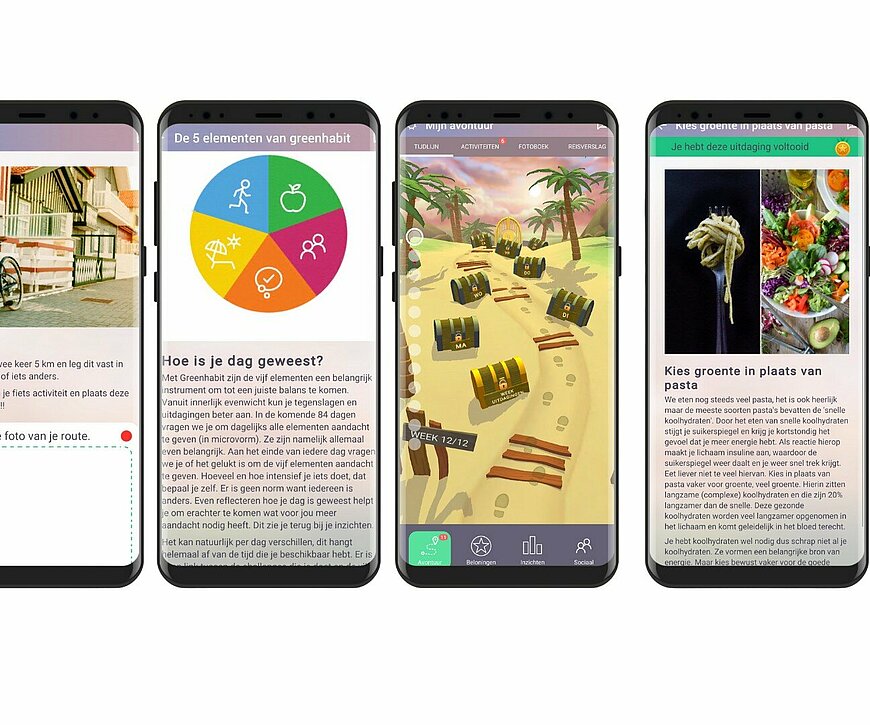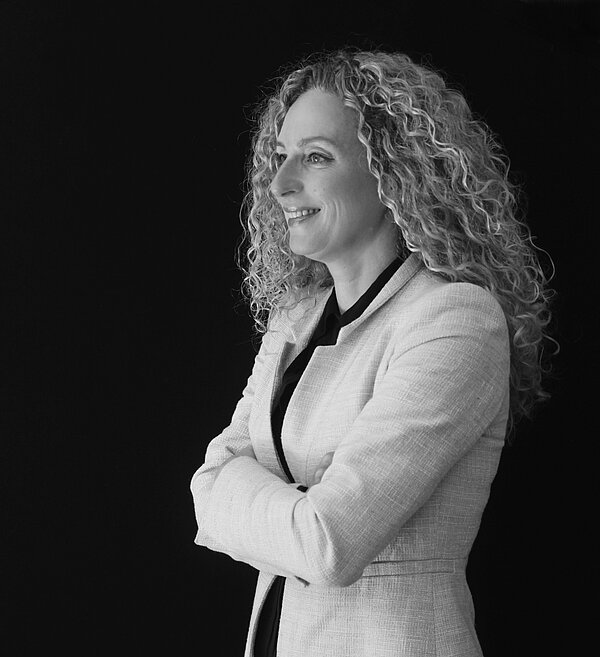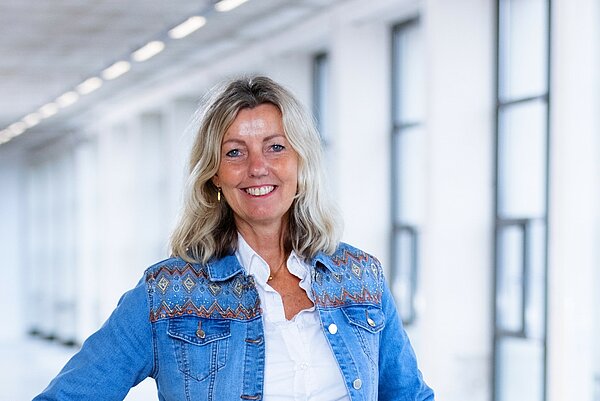Med tech start-ups need to have easier access to hospitals
For med tech start-ups, the threshold for getting into hospitals is high. Even though hospitals actually benefit from innovations that keep healthcare affordable. What needs to be done to change this?

In part one of the Innovation meets Hospital series, Chantal Linders, founder and CEO of med tech start-up GreenHabit, tells her side of the story. Last year, Linders participated in one of the Innovation meets Hospital sessions: an initiative led by Brainport to link innovative start-ups to hospitals.

A big difference from four years ago, when Linders was kindly shown the exit when she knocked on the door of hospitals and healthcare insurers. "Nobody was sitting around waiting for us. Not even Brainport, which implied that it would be difficult to raise funding for an online intervention app. That was because we were still in the early stages, but also because start-ups in medical technology were less relevant at the time. That situation has now turned 180 degrees; since corona, there is nothing more important than our health."
GreenHabit
GreenHabit is an online intervention app that helps people change their lives permanently with the help of serious gaming programs and algorithms. Participants go through a 12-week program in which they not only work on their physical health (exercise and nutrition), but also their mental resilience (positive mindset, relaxation and forming a social safety net).
The way in which GreenHabit approaches health - not in a curative way, but rather preventative - is new and, especially in the beginning, often prompts some skeptical reactions. In recent years, Linders collected enough data to demonstrate that GreenHabit actually improves quality of life. Of the 4,500 participants, 85% completed the program, compared to an average of 15% for the other 400,000 lifestyle apps.
"Behavioral change is the hardest thing in the world. Our brain takes 66 days to learn new habits. At GreenHabit, we reprogram the brain in small steps until good intentions become natural," Linders explains.
According to Linders, the power of gamification is that it makes change fun. "We write a story about someone who is going through the same things you and I are going through and what the choices that person made led to. That's what participants mirror themselves to." In psychology, this motivational technique is called nudging: people are subtly encouraged to behave in desirable ways.
Rehabilitatiion with GreenHabit
In 2019, GreenHabit was launched on the market as a preventative tool for employees in companies. It soon became obvious that the app was also achieving success with patients who were discharged from the hospital. During pilots with heart patients held via HearthLife clinics (2020) and with three healthcare groups in the Brainport region (DOG, SGE and PoZoB, in 2021), 80% of participants completed the full program.
This is significant, because in the Netherlands, 70% of ex-cardiology patients do not do anything when it comes to cardiac rehabilitation, even though that is the advice of their cardiologists. Half of those 70% of patients end up in hospital again.
Linders: "Because they don't feel like it, because going to the gym is too daunting, or because they simply don't know how they can change anything. Patients who are allowed to go home often end up in social isolation. There is a gap in care between the hospital and discharged patients, and that's where we come in."
In addition to a program for heart patients, GreenHabit also has a program for diabetes patients T2 (with the University of Barcelona), for women in the menopause (with HeartLife Klinieken) and for kidney patients (with UMCG Groningen).
Innovation meets hospital
Meanwhile, Linders is now working with a number of hospitals, but that has not been without a few setbacks. "Hospitals are unwieldy, huge organizations. As a small company, it's hard to figure out where to start and how to get your idea to the right place."
Mariëlle Sleumer, Business Developer at Brainport, sees that a lot of med tech start-ups run into this problem. "It is difficult for start-ups to find the right contacts inside a hospital. Navigating the procurement process, knowing who is responsible for what and who makes the decisions are difficult matters. Another challenge that surfaces is that when it comes to med tech products, it can take five to 10 years to reach the market. That is much longer than for, for instance, a software tool. Moreover, the whole financing structure surrounding the healthcare system is extremely complicated."

Brainport is working on a community to support start-ups, but also SMEs and large companies in the med tech sector in dealing with these specific challenges. The goal of Innovation meets Hospital is to increase the knowledge among companies about the reimbursement system, how hospitals work and how hospitals deal with innovation.
During the Innovation meets Hospital sessions, innovation managers from four regional Dutch hospitals (Catharina Ziekenhuis Eindhoven, Maxima MC Eindhoven, Elkerliek Ziekenhuis and the St. Anna Ziekenhuis) engage in discussions with start-ups. During one of those sessions, Linders was invited to pitch the idea behind GreenHabit. Linders: "We were given a serious platform and had the opportunity to talk to the four innovation managers of the hospitals in an informal setting."
Concrete challenges
Linders found the session itself to be still too general, as the pitches did not directly address problems or challenges that hospitals face. "Then all that information quickly fades into the background, because hospitals are, especially now, incredibly busy. When hospitals provide concrete problems that start-ups can latch on to, then more can come out of those sessions."
Sleumer stresses that the sessions, as they are currently arranged, are also intended to show start-ups how a hospital might view a proposition and what pitfalls they might foresee. "As such, it is not the case that the pitches aren’t relevant. However, it is true that we can still get more out of them. For example, in the coming year we want to issue challenges. Hospitals present a problem and all start-ups that think they can help solve that problem can apply to take up that challenge. So, we look at how we can make even more of an impact with the sessions that way."